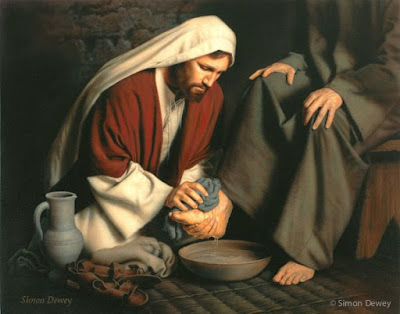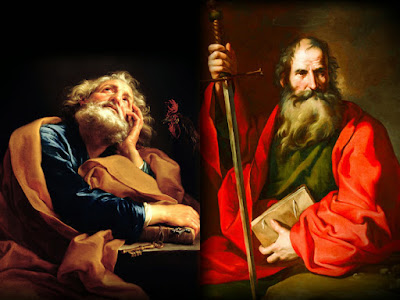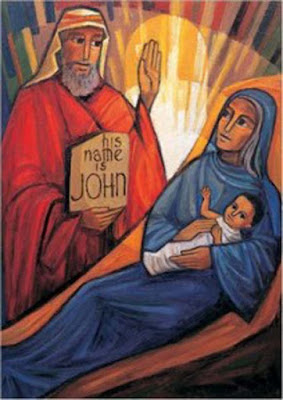HUMILITY, WAY TO GOD, WAY OF LIFE.

July 5, 2020 Fourteenth Sunday in Ordinary Time - A READINGS: ZEC 9:9-10; PS 145:1-2, 8-9, 10-11, 13-14; ROM 8:9, 11-13; MT 11:25-30. An Indonesian proverb says, “A smart man is usually humble.” And a German proverb adds, “Meekness is the pride of the humble.” Humility is one of the most powerful virtues, and it is the virtue of the great. We could say without fear to mistake that it is the first virtue. All came from “humus” and all goes to “humus”. All that leads man to God leads him to life. For, the way of God is life in plenitude. “Come to me, … for I am meek and humble of heart.” The Lord Jesus is our way to God, and he is also our way of life. To be Christian means to have chosen Him, to belong to Him, and to be with Him. Humility has the power to make us live like Jesus. The Christian life is a life of imitation of Christ. Who says imitation says incarnating in our way living and our life the way of Christ. About that way of Christ, the Gospels are clear voicing out: humi




